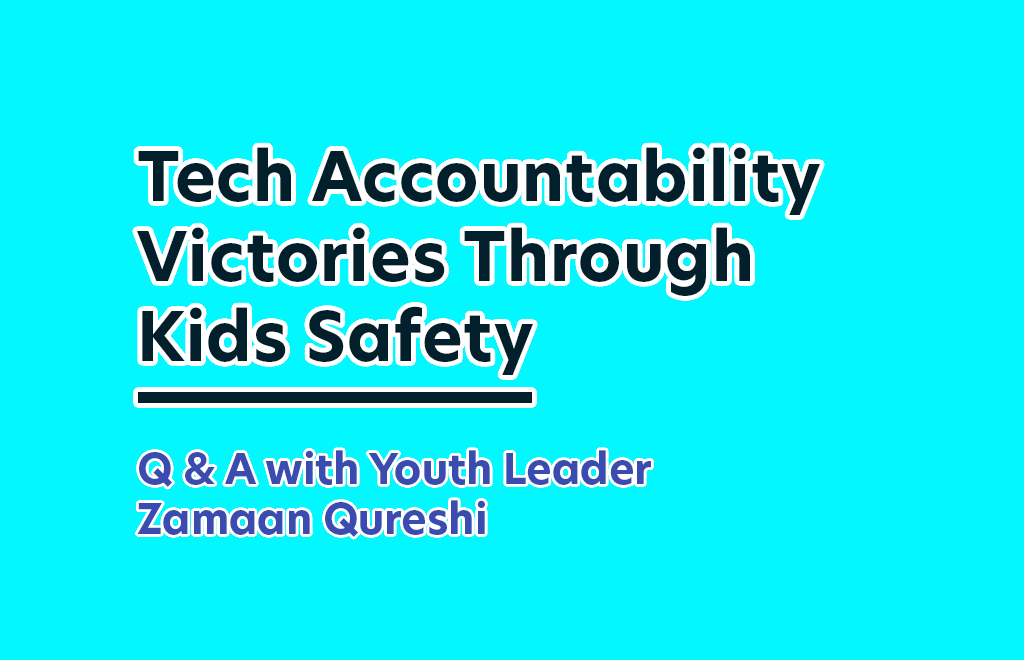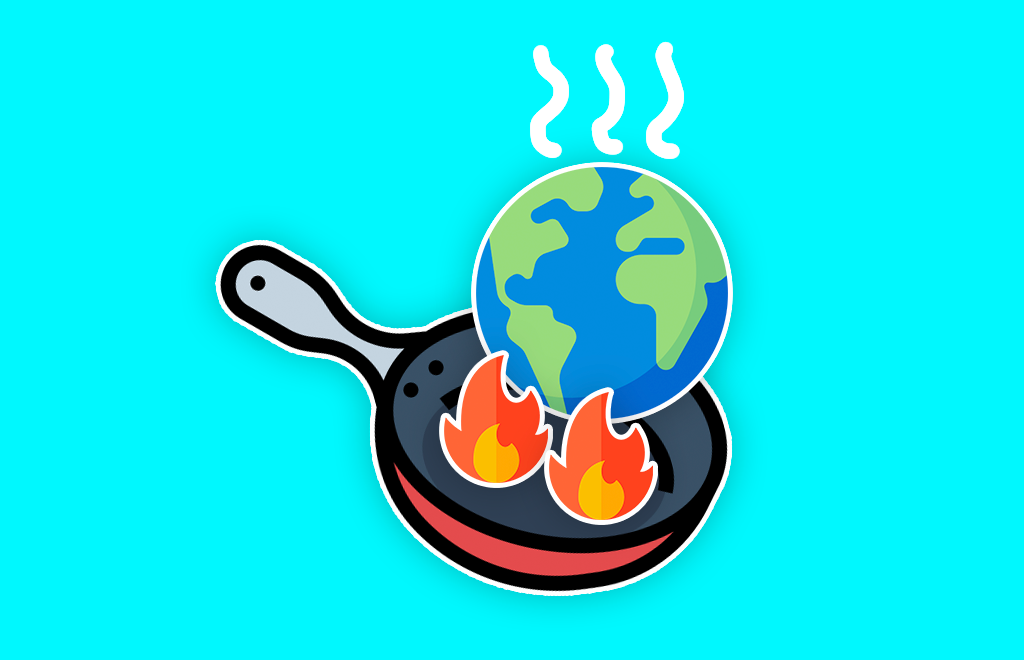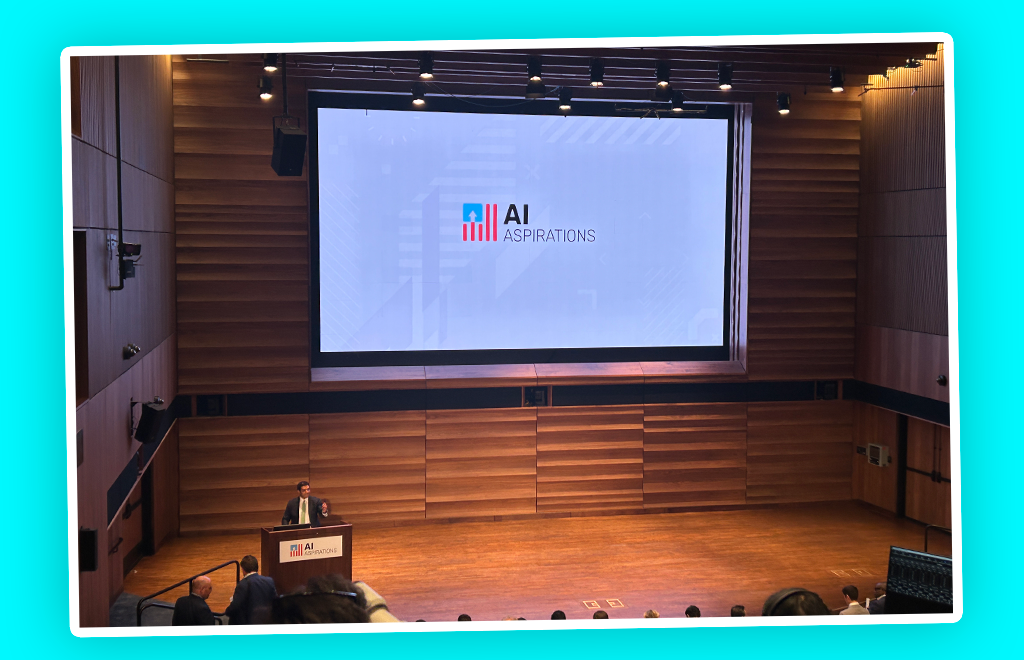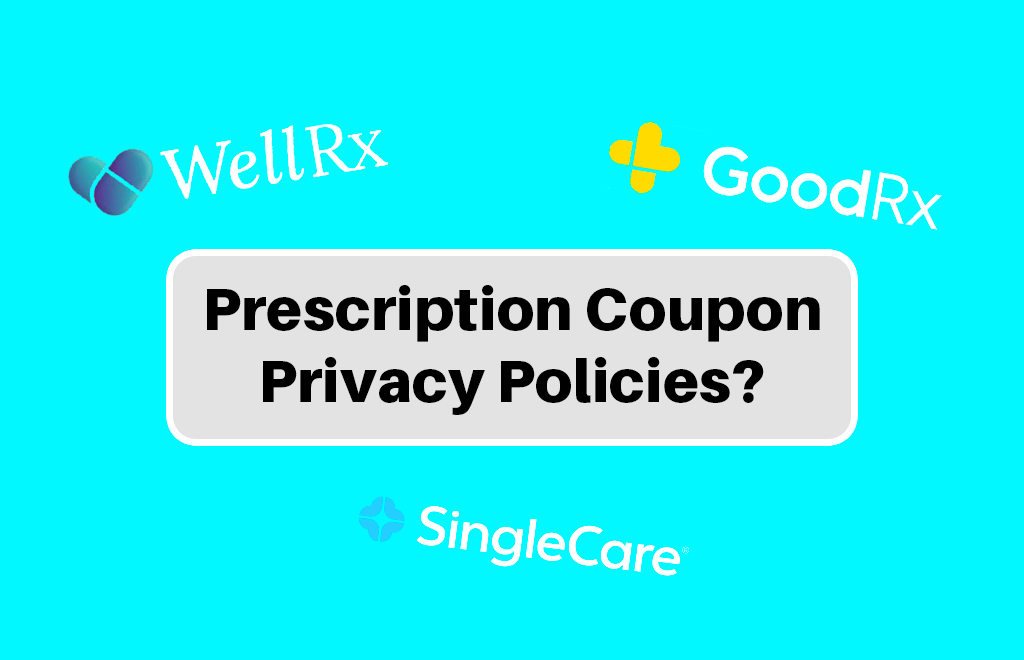As the Youth Initiatives Campaign Manager here at Accountable Tech, I spend the bulk of my time working with incredible youth leaders to collectively leverage the power of our youngest generations against a formidable foe – Big Tech. It’s an uphill fight with all the power and near limitless resources at their disposal. However, if young people are at the center of the fight, I’m confident we can win.
Among the incredible young people I work with, Zamaan Qureshi is a co-chair of the youth-led coalition Design It For Us, a coalition that has quickly risen to the challenge of facing Big Tech head on. In his role, he joins other youth leaders in shaping the future of tech policy for the better, by tackling Big Tech from all angles. He’s an incoming senior at American University and holds several leadership positions on and off campus. Much of his work focuses on the intersection between social media and technology, and policy and legislation. He’s also a national Model UN champion!
I’m fortunate to work closely with Zamaan, and I had the chance to capture his rundown of all things kids tech policy from the last few months. Here’s some key points:
Q: Can you give an overview of the recent work Design It For Us led in July to advance legislation – the Week of Action?
Design It For Us first launched in March. Since then, we’ve been following a clear mission – we’re taking a seat at the table where decision making happens, and we’re making our voices heard. We believe that when it comes to youth-facing tech policy, it will be most effective and successful when it actually involves young people every step of the way. That’s why we thought it was so important to go to DC. In mid-July, six of our Core Team members flew out to DC and held meetings with almost a dozen elected officials including Senators Blumenthal, Durbin and Markey, and Representatives Castor and Bowman, as well as key staff from leadership offices. We also held a meeting with White House staff, which was a big highlight for me.


At the start of the week we set up a demonstration on the Capitol Lawn, where we staked more than 100 lawn signs representing stories other young people from more than 25 states shared with us. That was one of my favorite parts of the week, because it represents exactly why we’re doing this work: so many of us and our peers have experienced firsthand the harms that social media can cause, and we cannot accept that status quo.
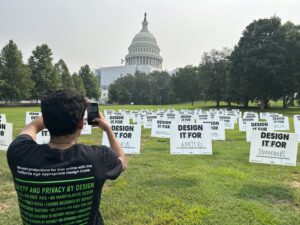
 Q: Can you share a bit about what you’ve accomplished in the last few months to move legislation forward?
Q: Can you share a bit about what you’ve accomplished in the last few months to move legislation forward?
Since launching, Design It For Us has been able to get right into the center of the legislative process. Our coalition was able to democratically endorse 3 bills – KOSA, COPPA 2.0, and The Kids PRIVACY Act, all of which were a major focus of our week of action.
We’ve also quickly become a source of expertise for legislators who want to understand the youth perspective on upcoming legislation. For some bills, we made it known when we thought certain elements would not be in the best interests of our age group.
All of that led to what I think was a very successful week of action in DC – meeting with key Senate leadership and staff and urgently encouraging them to move KOSA and COPPA 2.0 forward. Just a week afterward, both bills passed unanimously through markup in the Senate Commerce Committee, where they had until then been stalled. I can confidently feel like we played a role in moving these two bills forward with our Week of Action.
Q: What is the Children and Teens Privacy Protection Act (COPPA 2.0)?
COPPA 2.0 is a privacy bill sponsored by Senator Markey that would build on the bill of the same name that was passed in 1998, which restricts how organizations collect, manage or share personal data when their websites or online services are accessed by children and teens in the US. This new version would extend coverage through age 16, including banning surveillance advertising for children and teens. It also revises the original “actual knowledge” standard – the stipulation that platforms have active awareness – to cover platforms that are “reasonably likely to be used” by children and protecting users who are “reasonably likely to be” children or minors. This update expands the scope of responsibility platforms have to design policies for audiences with kids and teens in mind, and makes it harder for platforms to claim they did not know a user is a minor.
Q: What is the Kids Online Safety Act (KOSA)?
KOSA is a kids safety bill that would, among other things, require social media companies to allow users to turn off engagement-based algorithms or options to influence the recommendation they receive. A kid or teen would be able to stop recommendation systems that are sending them toxic content, like content promoting disordered eating. KOSA would also require platforms to prevent and mitigate cyberbullying, to give users options to restrict messages from other users and to make their profiles private, and to consider and address the ways in which their recommendation systems promote suicide and suicidal behaviors – creating incentives for the platforms to do something about this problem.
Q: Why are these bills so critical right now?
Congress hasn’t passed internet protections in 25 years, which means that my generation’s online lives are managed by legislation that’s older than I am.
And right now, with a tremendous level of support on the Hill – 44 cosponsors, split evenly between Democrats and Republicans – KOSA is our best chance to pass protections for young people online. On top of that, the widely supported COPPA 2.0 is an overdue opportunity to establish privacy protections for young people that actually meet the demand of today. These bills are our best shot for the first step forward in decades. We can’t wait or waste our opportunity to make our online environment safer.
Q: What would you tell someone who is just learning about this work?
I’m glad you are here! Often this issue feels like it’s too big to tackle, and sometimes it feels like it’s just a learned sense that we can’t do anything about it at all. But that’s not true – there’s tons that can be done, starting with small actions like reaching out to your Senators to share your support for the bills I mentioned, or joining our movement to learn more. We just have to start somewhere!
